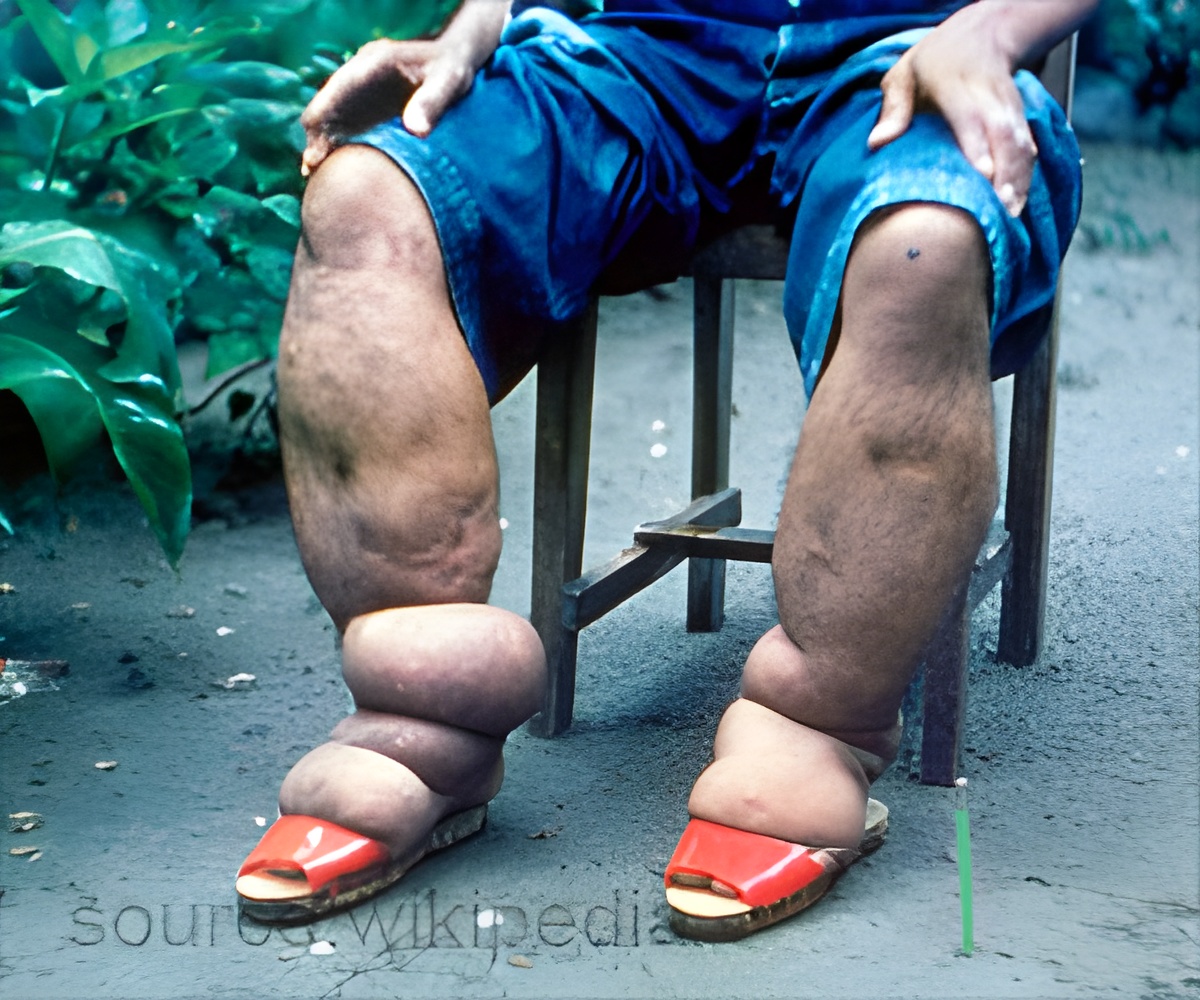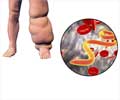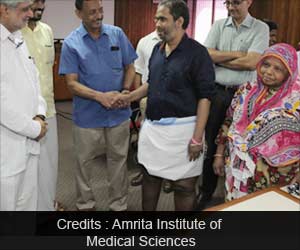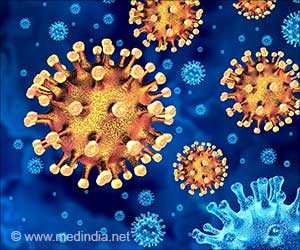Health Minister J.P. Nadda has accelerated the plan to eliminate elephantiasis (lymphatic filariasis). He said that India is progressing in eliminating the disease.

‘Elephantiasis, the oldest disease is caused by Wuchereria Bancrofti and spread by Culex mosquito, which grows in dirty accumulated water.’





Nadda, who inaugurated the 10th meeting of Global Alliance to Eliminate Lymphatic Filariasis (GAELF) here, said India is committed to eliminating lymphatic filariasis transmission and disease burden so that future generations are free from the disease. Releasing the Accelerated Plan for Elimination of Lymphatic Filariasis (LF) 2018 for India, he said he was sure the accelerated plan will also expedite the last leap for its elimination.
Stating that India will always welcome newer initiatives and research, he said that the strategy to eliminate LF here is based on twin pillars of MDA once in a year for interruption of transmission (no new case) and to cater to the patients already afflicted with the disease.
There is urgent need for total integration of different departments to mobilize the community, he said.
He also gave GAELF awards to 11 countries -- Cambodia, Cook Islands, Egypt, Maldives, Marshall Islands, Niue, Sri Lanka, Thailand, Togo, Tonga and Vanuatu -- for successfully interrupting the transmission, the Health Ministry said in a statement.
Advertisement
Elephantiasis is one of the oldest and neglected disease, which is currently endemic in 73 countries, including India. It is caused by Wuchereria bancrofti and spread by Culex mosquito, which grows in dirty accumulated water, the ministry said.
GAELF is an alliance of partners from 72 LF endemic national country programmes, NGOs, private sectors, academic and research institutes and international development agencies that assists WHO's Global Programme to Eliminate Lymphatic Filariasis.
Source-IANS









